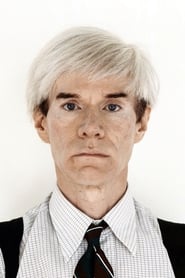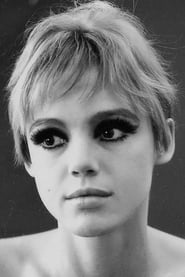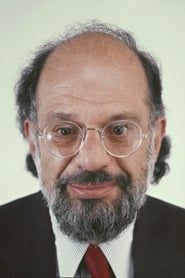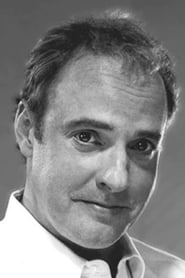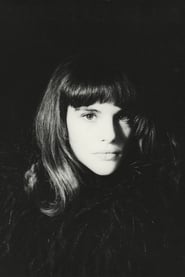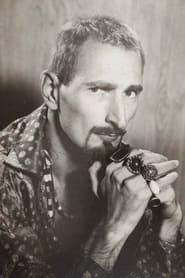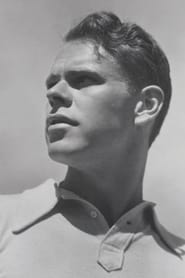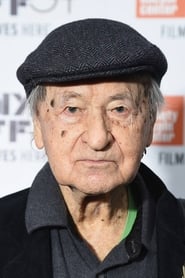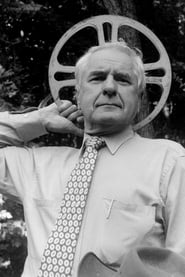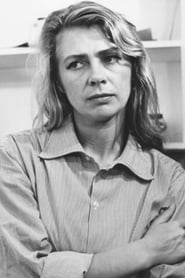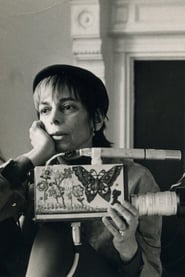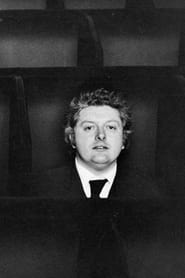The best Ed Emshwiller’s movies
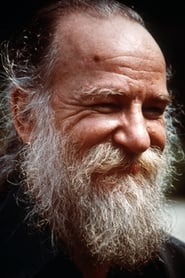
Today we present the best Ed Emshwiller’s movies. If you are a great movie fan, you will surely know most of them, but we hope to discover a movie that you have not yet seen … and that you love! Let’s go there with the best Ed Emshwiller’s movies.
Diaries, Notes, and Sketches
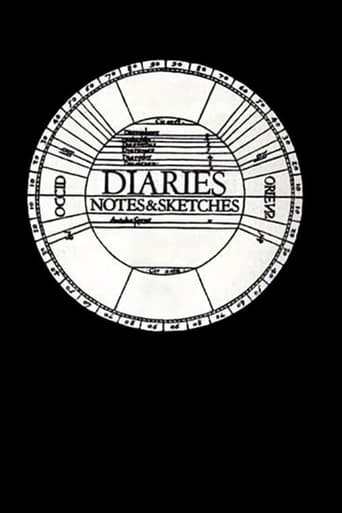
7.4/10
An epic portrait of the New York avant-garde art scene of the 60s.
Lost, Lost, Lost
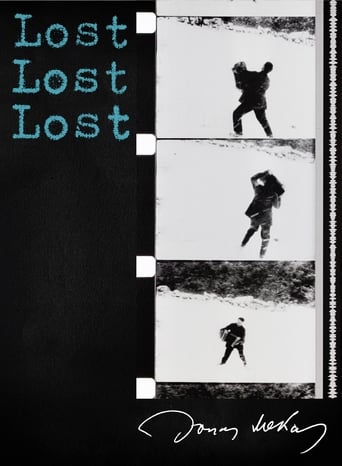
7.4/10
Jonas Mekas adjusts to a life in exile in New York in his autobiographical film, shot between 1949 and 1963.
Painters Painting
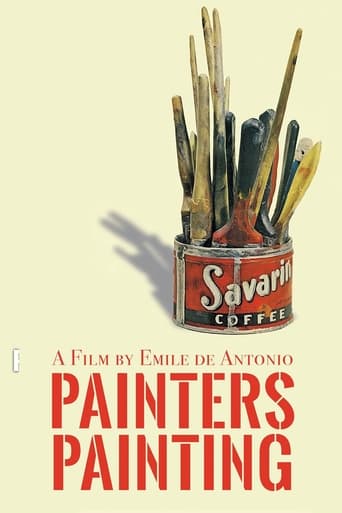
7.5/10
Painters Painting: The New York Art Scene 1940-1970 is a 1972 documentary directed by Emile de Antonio. It covers American art movements from abstract expressionism to pop art through conversations with artists in their studios. Artists appearing in the film include Willem de Kooning, Jasper Johns, Andy Warhol, Robert Rauschenberg, Helen Frankenthaler, Frank Stella, Barnett Newman, Hans Hofmann, Jules Olitski, Philip Pavia, Larry Poons, Robert Motherwell, and Kenneth Noland.
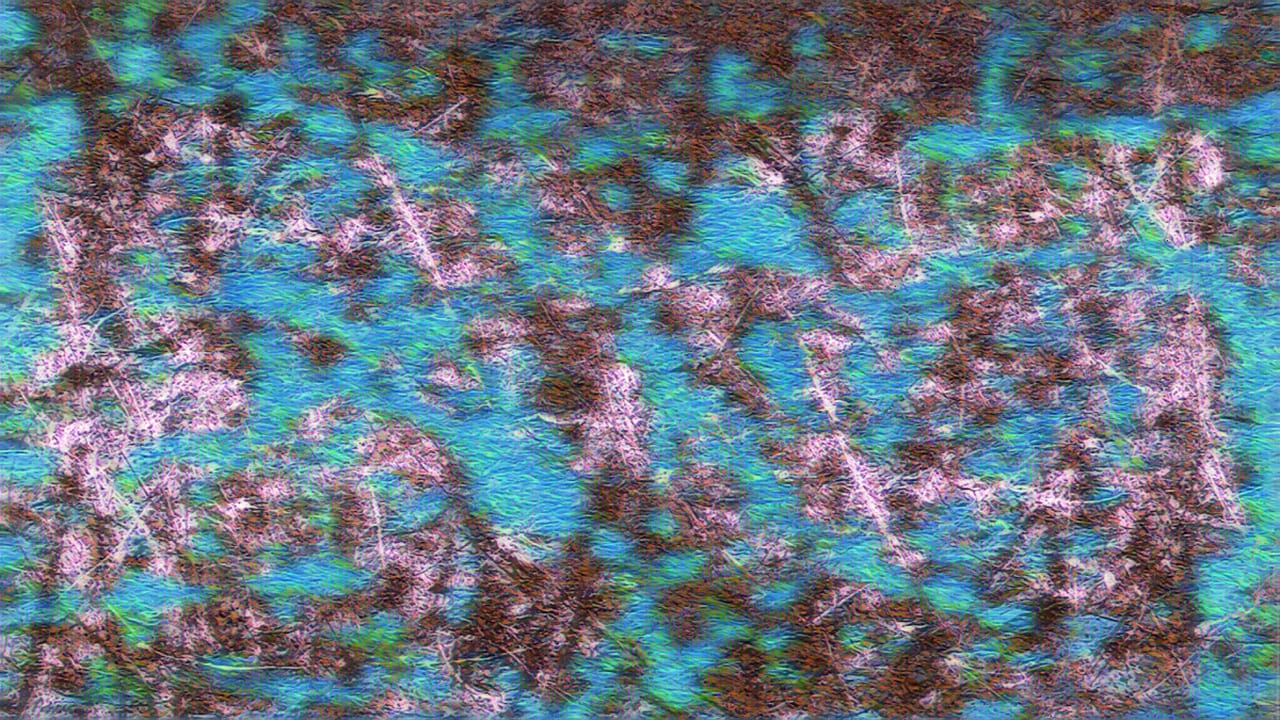
Galaxie
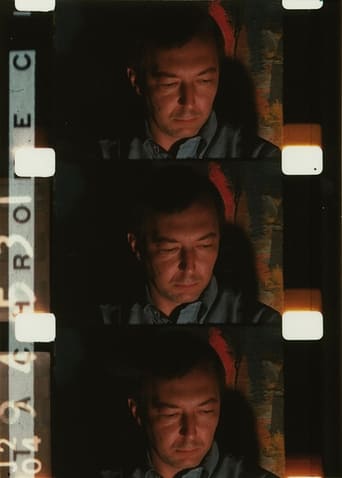
8.4/10
In March and April of 1966, Markopoulos created this filmic portrait of writers and artists from his New York circle, including Parker Tyler, W. H. Auden, Jasper Johns, Susan Sontag, Storm De Hirsch, Jonas Mekas, Allen Ginsberg, and George and Mike Kuchar, most observed in their homes or studios. Filmed in vibrant color, Galaxie pulses with life. It is a masterpiece of in-camera composition and editing, and stands as a vibrant response to Andy Warhol's contemporary Screen Tests.
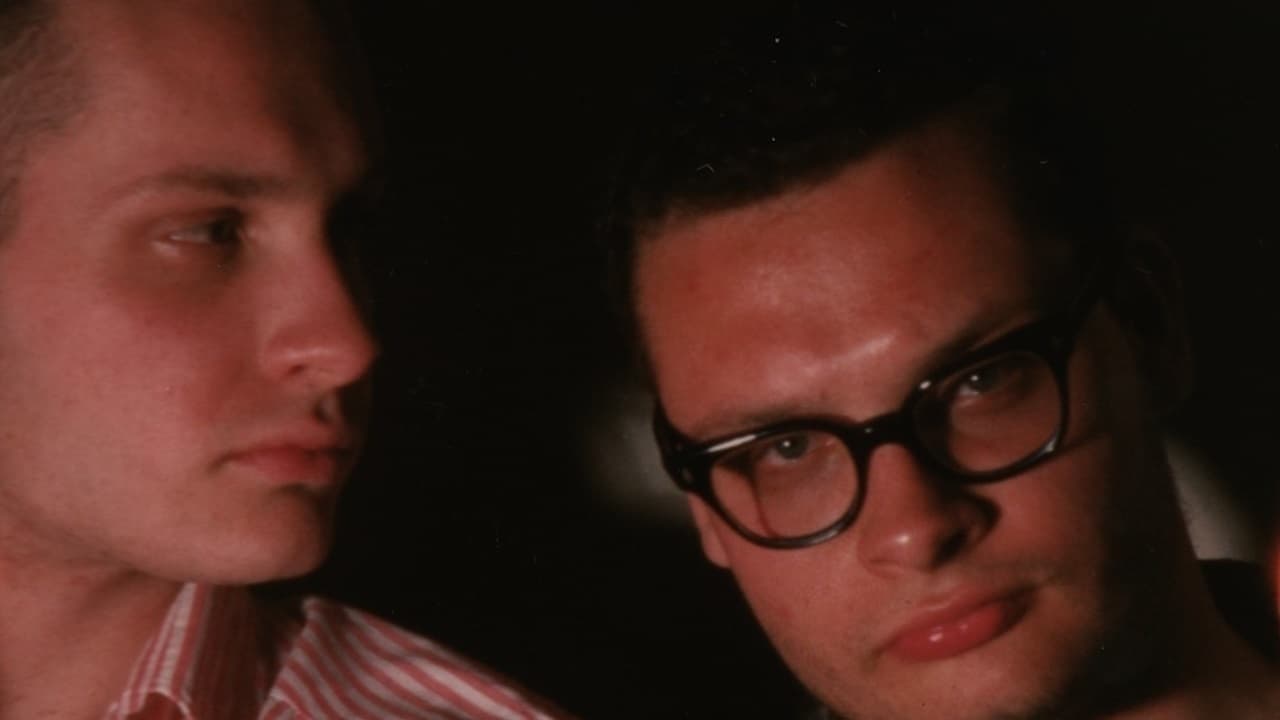
Hallelujah the Hills
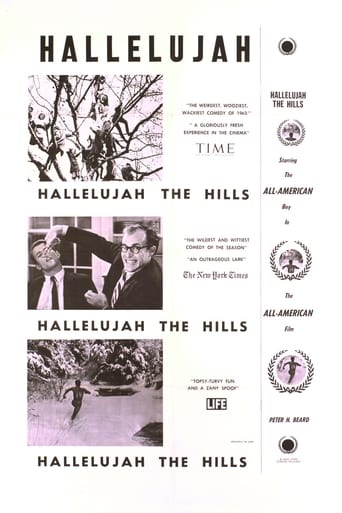
6.2/10
Jack and Leo vie for the affections of Vera- who appears a little differently to each man- over the course of a series of energetic sketches, flashbacks and homages.
Family Focus
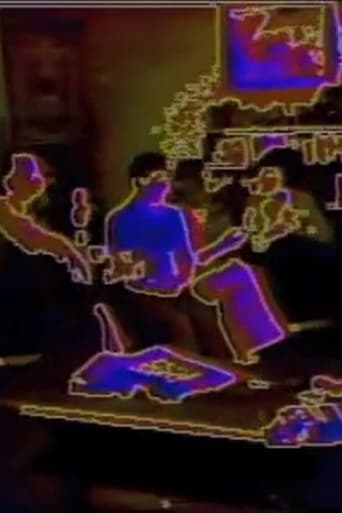
Emshwiller terms Family Focus a "family self-portrait, a stylized autobiography," which takes the form of an intimate collage of home movies, black-and-white videotape and photographs that have been colorized, synthesized or otherwise visually transformed in an electronic mediation by the artist. The viewer is witness to the spontaneous activities and conversations of the family's quotidian home life, which is accompanied by Carol Emshwiller's ironic, often poetic commentary. In one sequence of home movies, the children are seen "growing" over a span of twenty years. Using the video camera as a kind of psychological mirror, Emshwiller integrates video's intimacy, reflexivity and realism with its "unreal" technological manipulations to form what the artist describes as a "documentary/video art transformation of self-revealing images."

